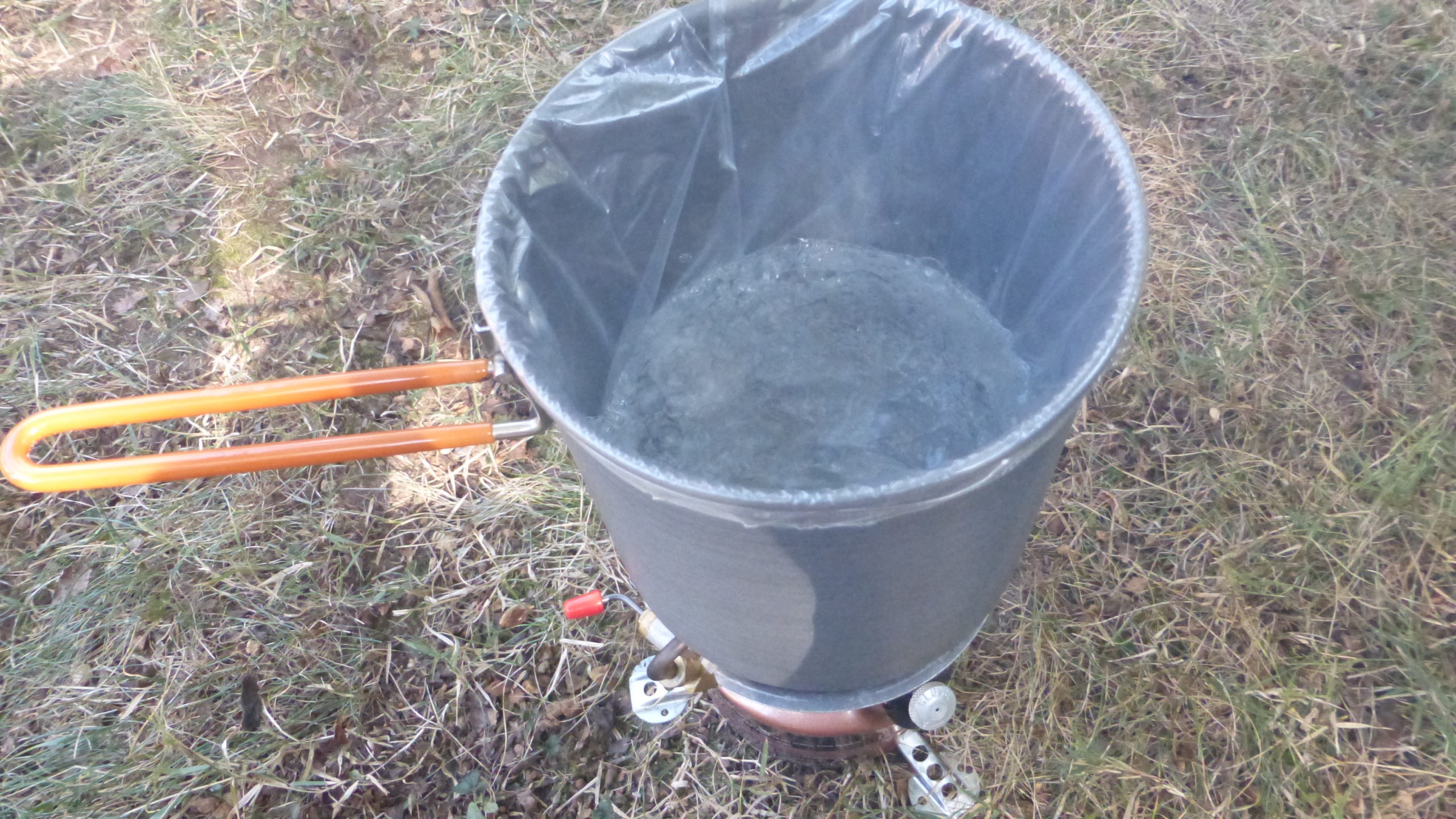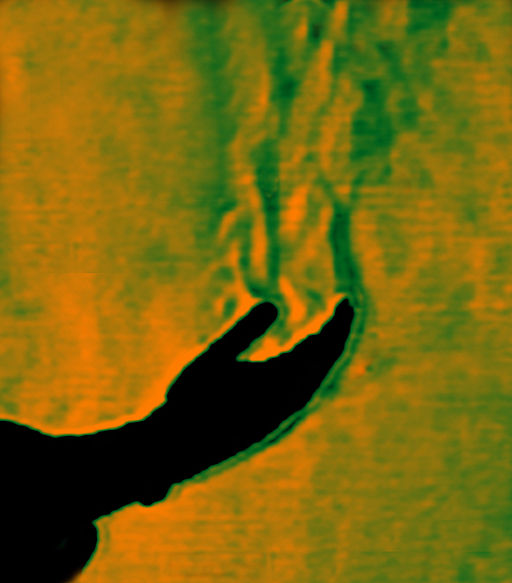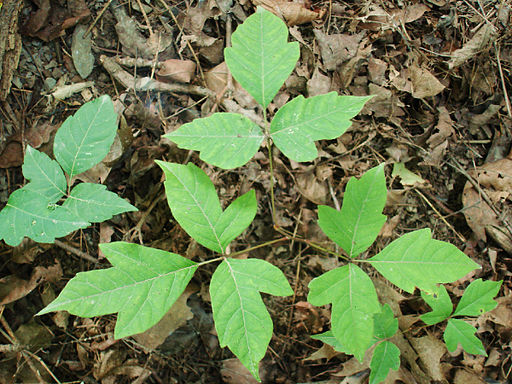Suppose you are going on a last-minute overnight backpacking trip and have no backpacking food in storage. In that case, you’d be surprised to know how many choices you have at your local grocery store besides the Knorr dry pasta and rice meals, ramen noodles, and meal bars. Everyday Grocery Items Suitable for Backpacking While these items are not marketed as backpacking foods, they serve well on the trail or for traveling. For a hot meal, the general rule is to look for instant items with a cooking time of 10 minutes or less. Non-instant food that requires prolonged simmering […]
Your hiking companion won’t hike in the bitter cold, so you compromise by taking the winters off. When spring arrives, you are eager to hit the trails. You head away from home at every opportunity. Life is good. But now summer has arrived and it’s blazing HOT! If there is Heat, the diagnosis is Sweat Moisture will seep out from your skin and your clothing will feel damp and clingy against your skin. You’ll wish for clouds to capture the intense radiant heat blazing down from that luminous yellow disk in the afternoon sky. The sweat on your forehead will drip past your eyebrows and burn your eyes. Dried sweat […]
You may already know that Outdoor Herbivore is against the use of heating foods inside of soft plastic. It doesn’t align with our view of producing backpacking food made from high quality, organic ingredients, and subsequently urging hikers to pour boiling water inside a plastic bag to reconstitute it. This is why we do not sell our food in stand-up cook pouches. But cooking liners are rated for much higher temperatures (up to 400 degrees F), so does that make them safer for hot food? Out of curiosity, we decided to look at the feasibility of using cooking liners as an alternative […]
Despite covering your hands and feet during the frigid weather, you still find yourself suffering from icy toes and fingers. There are a couple of reasons why this happens. Your extremities are the furthest point from your torso (core), which is generating heat. If you do not have enough insulation covering your torso, your hands and toes will get colder. When the core is cold, blood is pulled away from the extremities, which makes the feet and toes feel colder. Sometimes an extra mid-layer shirt, or a warm hat will do more to keep the extremities warm than adding layers on the hands or feet. Also, drinking warm fluids will help warm up your core temperature quickly. Once your core is warm, excess heat is distributed to the extremities.
Did you just touch poison ivy, oak or sumac? How can you avoid a rash after touching them? What can you do to alleviate the itching if you develop a rash? Know what cures can be found growing in the wilderness!




